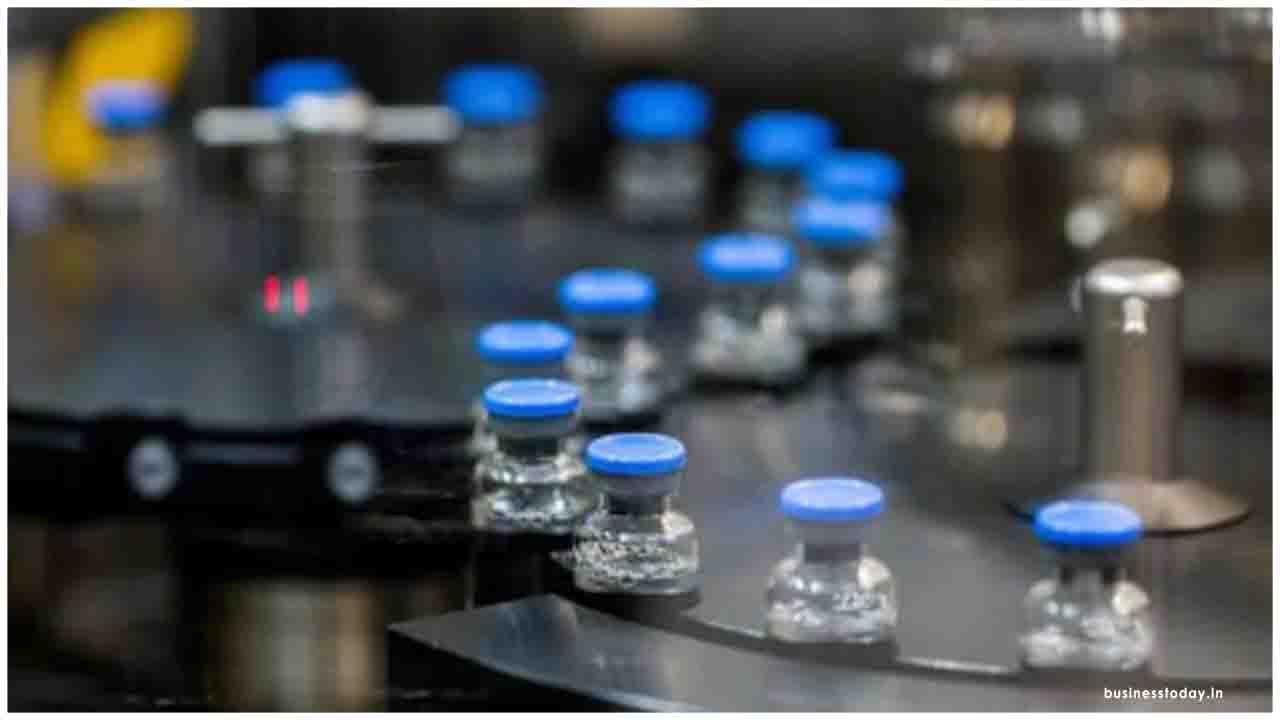RedHill Biopharma Ltd., a specialty biopharmaceutical company, today announced that the global Phase 2/3 study with orally-administered opaganib in patients hospitalized with severe COVID-19 pneumonia has received a second unanimous recommendation to continue, following a second independent Data Safety Monitoring Board (DSMB) safety review. The DSMB's recommendation is based on an analysis of unblinded safety data from the first 155 patients treated for 14 days.
"This second unanimous independent DSMB recommendation to continue the global Phase 2/3 study of opaganib in patients with severe COVID-19 confirms the safety of opaganib and means we can continue to focus on completing enrollment for this study as rapidly as possible, with a view to having top-line data in the first quarter of 2021. If successful, we expect to make subsequent global emergency use applications the same quarter," said Mark L. Levitt, M.D., Ph.D., Medical Director at RedHill.
Enrollment in the 270-patient global Phase 2/3 study of orally-administered opaganib in hospitalized patients with severe COVID-19 pneumonia is more than 60% complete, and is on track to deliver top-line data in the first quarter of 2021. This study is focused on and powered for efficacy evaluation. A pre-scheduled, unblinded futility interim analysis will be conducted by the DSMB in the coming weeks, evaluating data from the first 135 subjects that have reached the primary endpoint.
The parallel U.S. Phase 2 study with opaganib has completed enrollment of all 40 subjects, with top-line data expected by year's end. This study is not powered for efficacy and is focused on safety evaluation and potential identification of preliminary efficacy signals.
Opaganib is a novel, orally-administered, sphingosine kinase-2 (SK2) selective inhibitor with a preclinically demonstrated triple-action mechanism that inhibits viral replication, reduces hyper-immune inflammatory response and diminishes ARDS-related thrombosis (blood clots) – a dangerous complication of COVID-19 disease – in effect acting on the cause and effect of COVID-19 disease. Opaganib's target is a human host cell component involved in viral replication, potentially minimizing the likelihood of resistance due to viral mutations.
Opaganib, a new chemical entity, is a proprietary, first-in-class, orally-administered, sphingosine kinase-2 (SK2) selective inhibitor with a demonstrated unique triple-action effect on the pathophysiological processes associated with COVID-19 disease, that targets a host cell component, potentially minimizing the likelihood for resistance due to viral mutations. Opaganib has also shown anticancer activity and has the potential to target multiple oncology, viral, inflammatory and gastrointestinal indications.
Opaganib is being evaluated in a global Phase 2/3 study and a U.S. Phase 2 study for the treatment of severe COVID-19 pneumonia. Opaganib also received Orphan Drug designation from the U.S. FDA for the treatment of cholangiocarcinoma and is being evaluated in a Phase 2a study in advanced cholangiocarcinoma and in a Phase 2 study in prostate cancer.
Preclinical data have demonstrated both anti-inflammatory and antiviral activities of opaganib, with the potential to reduce inflammatory lung disorders, such as pneumonia, and mitigate pulmonary fibrotic damage. Opaganib demonstrated potent antiviral activity against SARS-CoV-2, the virus that causes COVID-19, completely inhibiting viral replication in an in vitro model of human lung bronchial tissue. Additionally, preclinical in vivo studies have demonstrated that opaganib decreased fatality rates from influenza virus infection and ameliorated Pseudomonas aeruginosa-induced lung injury by reducing the levels of IL-6 and TNF-alpha in bronchoalveolar lavage fluids.
Opaganib was originally developed by U.S.-based Apogee Biotechnology Corp. and completed multiple successful preclinical studies in oncology, inflammation, GI, and radioprotection models, as well as a Phase 1 clinical study in cancer patients with advanced solid tumors and an additional Phase 1 study in multiple myeloma.
Under a compassionate use program, patients with severe COVID-19 (as classified by the WHO ordinal scale) were treated with opaganib in a leading hospital in Israel. Data from the treatment of these first patients with severe COVID-19 with opaganib have been published. Analysis of treatment outcomes suggests substantial benefit to patients treated with opaganib under compassionate use in both clinical outcomes and inflammatory markers as compared to a retrospective matched case-control group from the same hospital. All patients in the opaganib-treated group were discharged from hospital on room air without requiring intubation and mechanical ventilation, whereas 33% of the matched case-control group required intubation and mechanical ventilation. Median time to weaning from high-flow nasal cannula was reduced to 10 days in the opaganib-treated group, as compared to 15 days in the matched case-control group.
The development of opaganib has been supported by grants and contracts from U.S. federal and state government agencies awarded to Apogee Biotechnology Corp., including from the NCI, BARDA, the U.S. Department of Defense and the FDA Office of Orphan Products Development.

 Opaganib potentially minimizes likelihood of resistance due to viral mutations by targeting a human cell component involved in viral replication
Opaganib potentially minimizes likelihood of resistance due to viral mutations by targeting a human cell component involved in viral replication






















.jpg)











